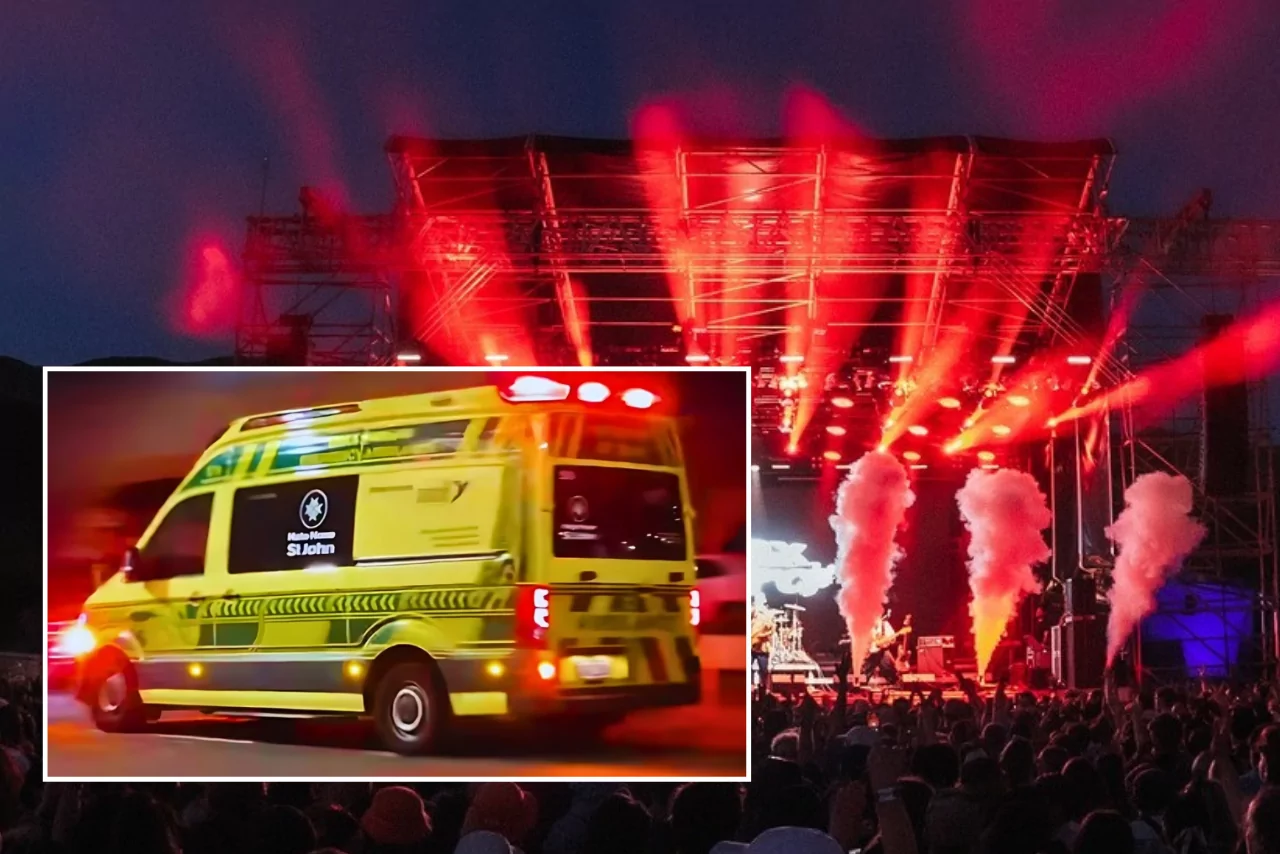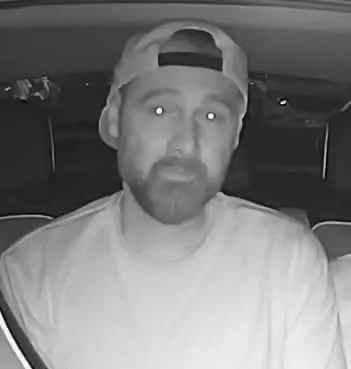Escaped youth tracked by Eagle helicopter, found hiding in New Brighton
The young person who escaped from a youth justice facility in Rolleston has been located...
Visitors at Christchurch public hospital are being urged to be vigilant as RSV continues to “spread across New Zealand.”
Nearly 300 children aged 0-15 turned up at the Emergency Department in June with respiratory infections, and 188 between 1-7 July.
This compares with 278 for June 2019 and only 59 in the period between 1-7 July in 2019.
Canterbury Medical Officer of Health Dr Ramon Pink said on Friday afternoon the common winter virus is currently spreading across New Zealand and making babies sick.
“RSV is incredibly infectious and can easily pass from person to person through coughing and sneezing. RSV can be very serious for young children and newborns in particular.”
For that reason Canterbury and West Coast DHBs request that only well-parents and caregivers visit their baby in hospital and ask people not to visit anyone if they are unwell. Fewer people in means less risk to the baby/patient.”
“Please look out for the symptoms below in children under the age of one especially, and contact your GP team or healthcare provider for advice if you are concerned.
In Canterbury you can call your usual GP number 24/7 for free advice. After hours a nurse will be able to advise you what to do and where to go. On the West Coast people should call their GP during normal hours and Healthline on 0800 611 116 after hours.
Masks are advised for visitors to hospital where they cannot physically distance themselves from strangers or where they are visiting someone who may be particularly vulnerable.
What to look out for
RSV symptoms include a runny nose, decrease in appetite, coughing, sneezing, fever (often mild) and wheezing or noisy breathing. It can cause more serious illness such as bronchiolitis (narrowing of airways in infants) and pneumonia – in which case they will need hospital care.
When to seek urgent advice
Parents and caregivers should seek urgent medical advice if their baby or infant has symptoms and:
is under three months old
is breathing fast, noisily or is having to use extra effort to breathe
looks pale and unwell
is taking less than half their normal feeds
is vomiting
has not had a wet nappy for more than six hours.
Parents and caregivers should call 111 for an ambulance if a child:
has blue lips and tongue
has severe difficulty breathing
is becoming very sleepy and not easy to wake up
is floppy
has breathing that is not regular, or they pause in their breathing.
Simple things you can do yourself
All the precautions you know so well from our COVID-19 response will also help stop the spread of RSV and other winter illnesses:
Keep children home if they’re sick and stay home yourself if you’re not well
Wash your hands often with soap or use an alcohol-based hand sanitiser
Cough or sneeze into your elbow
Wear a mask or face covering on public transport or when you cannot physically distance from strangers.


